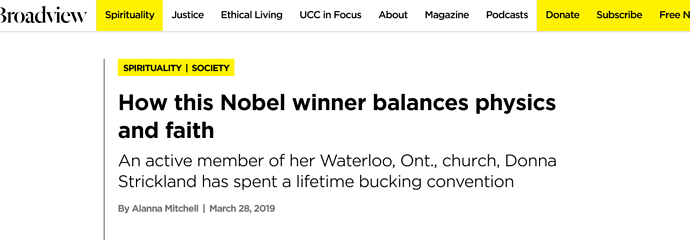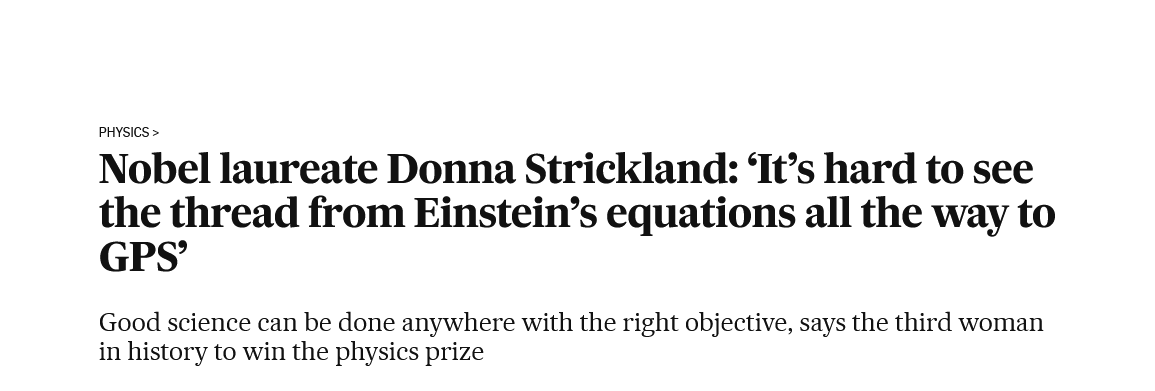(How’s that working out in LA? ![]() )
)
- I don’t know, I don’t hang out where kids are. Somebody will call the cops on me or mug me.
Can’t find any cardboard that isn’t being used as a residence.
This brought to mind how one winter our dad took my older brother and I to a winter retreat at a church camp by a lake. We kids immediately set about making an inner tube run on the hillside along the entry road, carving it out by the repeated act of sliding, starting one tube length or more higher each time, which of course resulted in sliding farther each time.
Then came the moment when one of the guys zoomed down the ever-more-polished path and at the bottom his speed was enough to go over the berm that had been stopping us, adding a good fifty yards to the length of the run. None of us stopped to think that on the other side of that berm the land sloped right down to the lake until the moment that someone started high enough up the hillside that after sailing over the berm he kept right on going as the tube slid out onto the frozen lake. And none of us stopped to wonder how thick the ice was until the ice cracked under one of the guys and he found himself floating on his inner tube!
God watches over children and fools. Not in the Bible, but may have applied that day. If you are going to break though the ice, it is good to be in an inner tube.
-
@nobodyyouknow @rybo @Jessica_Smith @Trippy_Elixir @Ravetastic
-
I didn’t come to Biologos until January 2021, so I missed this article posted back in March 2017.
How this Nobel winner balances physics and faith
- But I came across this today
and immediately went through my memory thinking of people that I would like to share it with … and your names came to mind.
- "Canadian-born Donna Strickland won the Nobel Prize for Physics in 2018 for work she began in 1985 that has improved the eyesight of millions of people around the world. The technique she developed at age 26 years with her thesis supervisor, Gérard Mourou, was called Chirped Pulse Amplification (CPA) and soon became the standard for the high-intensity lasers commonly used to correct myopia. Strickland says she wasn’t seeking a specific application, but wanted to demonstrate the enormous potential of manipulating light to act on matter.
- "Strickland became the third woman to receive the Nobel Prize for Physics, after previous winners Marie Curie in 1903 (for her study of radioactivity) and Maria Goeppert-Mayer in 1963 (for her work on the internal structure of the nucleus of atoms). Regarding Goeppert-Mayer, Strickland admits, “I didn’t even know she was a woman” when she cited Goeppert-Mayer in her thesis.
- “Strickland doesn’t think that the advances in physics made by white men who dominated the field should be discounted, but she does believe that the unpredictable nature of scientific discovery makes it important “not to limit access to science to half of the world, because you’ll miss opportunities to find those unexpected gems. Everybody should be judged based on their ability to do something, not something external to that… The more people you allow at the table, the better off you are.” EL PAÍS interviewed Strickland at the Madrid headquarters of the Spanish National Research Council (CSIC), which awarded her its highest distinction — the Gold Medal.”
Gee, fancy that! You can be a woman, get a Nobel Prize in Physics, be a Christian, and live in Canada all in the same world at the same time. Who knew?
- Now you do.
The challenge was getting him back on solid ground without letting the adults know we had a problem! So we couldn’t go ask for a rope!
Instead one of us slid out on another tube with a long branch, then a second, then a third, each one reaching out to the next tube with a branch until we had a chain of people sitting on tubes holding branches and oh-so-carefully pulled them all in.
And once everyone was back on solid ground we cut blocks of snow from around the lodge and built a big curve at the berm so no one would reach the lake again but instead would go shooting past the lodge.
Terry, you forgot to tag @klw !
Thanks for tagging me, though.
There’s a limit on tags in a post, and I filled the limit with the first names that occurred to me. I suppose I could have “improved” on my post by starting a new thread with it as an OP. I should have tagged @jammycakes too.
Sorry, Terry. I forgot about the limit.
@Terry_Sampson Thanks for the tag. I saw your post earlier today and I found it very encouraging. It’s always good to hear about Christians in science who take a sensible and responsible approach to the subject and remain strong in their faith. It reminds me that I don’t have to get high on LSD in order to remain faithful to Jesus. And a Nobel Prize winner! Well deserved, no doubt.
Thanks for your question.
The separation between the ‘natural’ and the ‘supernatural’ seems to me to be a particularly modern, Western phenomenon. I am not sure that people in other times and places saw this division.
I am not an anthropologist but I do recall reading Shakespeare in school. The witches in Shakespeare’s play Macbeth simply appear. They are not considered extraordinary. They were just part of life. There was no separation between what we would see as ‘natural’ and ‘supernatural’.
Why do we now have this division? Have we become so amazed at what science can do that we fail to see the bigger picture? Is it that we can’t see the forest for the trees?
The 17th Century astronomer and mathematician Johannes Kepler said, “Science is the process of thinking God’s thoughts after Him.” It seems to me that he saw the bigger picture.
Here in the UK we have a couple of organizations that may be of interest.
I am sure the US and other countries have similar groups.
I would consider that to be progress.
Nor was it extraordinary to burn or drown accused witches in the course of the inquisition or other chapters of church history. But the biggest negative for the blurring of the natural and supernatural is that it leads to useless responses to real problems in need of effective solutions.
Absolutely, but investigating nature is not served by invoking the supernatural. Science is constricted in its scope of truth seeking.
Thanks for your comments.
You have every right to consider this to be “progress” if you choose. My point was that there are different ways to see the world. Personally, I do not assume that my way of seeing things is superior just because it is the view taken by my culture at this point in history.
I find the abuse and killing of people accused of witchcraft abhorrent and morally unacceptable. However, the fact that a particular world view can be misused does not prove it to be wrong. Anything, from motor vehicles, to aircraft, to a box of matches can be used to do harm. But, all of these things also have legitimate uses.
Similarly, it could be argued that a world view where there is little or no distinction between the ‘natural’ and the ‘supernatural’ can be beneficial. Here in the UK many of the great social reformers such as William Booth, Florence Nightingale and William Wilberforce were motivated by a belief in God and what they understood to be his will. Here in the UK, and elsewhere, many Christians are working to combat climate change because they believe it is right to protect God’s creation.
Whenever I have done research I worked as I was taught in university. I used a scientific method and worked within a code of conduct. I accepted the findings of my research whether they were what I expected or not.
However, like Kepler, I also try to see the bigger picture.
I hope that is some help. Thanks again.
The thoughts and actions of those named do not at all necessitate a lack of distinction between the natural and supernatural. They are two separate things, and the understandings from the latter can guide and determine behaviors in the former, but there is no blurring of them.
When a worldview incorporates an understanding of God’s sovereignty, omnipresence and immanence where God permeates the natural, it can be misunderstood as not making the distinction, though.
Nor would I. It is fair, however, to differentiate based on practical outcomes. Sanitation and medical practices are cases in point.
A worldview that is wrong is vulnerable to being out of touch with reality.
But a worldview allowing the supernatural hardly necessitates that quarreling gods is a reasonable hypothesis for thunder.
There we can agree to agree.
I do not know if you are familiar with the Cambridge Papers. They aim to contribute to debate on a wide range of issues from a Christian perspective.
The most recent paper is titled Integrity in scientific research. The author is Keith R Fox who was previously the Director of The Faraday Institute which I mentioned earlier.
Integrity in scientific research
You, and possibly others, may find it useful.
I wonder what were the reasons you became a believer in the first place, and what has changed? What about Jesus, how does he factor in your understanding of the existence of God?
Regarding the ‘supernatural’ I suppose it depends on what you mean by that. I know of Christians who have experienced healing through others prayers, others who seem to have the gift of prophecy, giving accurate ‘words’ to people. Personally speaking I see little evidence of the supernatural in my own life, but for me it comes back to Jesus - his life, teaching, death and his resurrection (Im still convinced of that). I hope you find the reconciliation youre looking for.
This topic was automatically closed 6 days after the last reply. New replies are no longer allowed.

